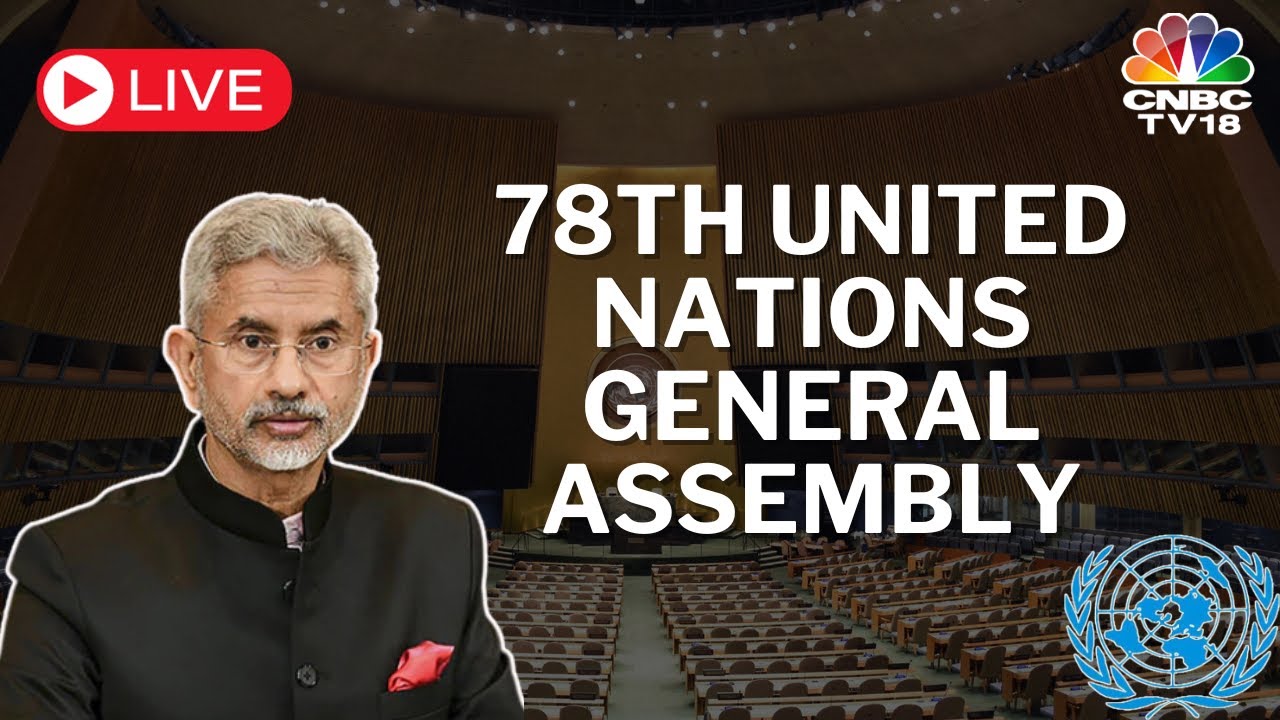India's World-Class Infrastructure | Airport and Bridges Collapse
Summary
TLDRThe video script discusses the alarming state of India's public infrastructure, with a focus on the tragic accidents caused by its collapse, such as the Delhi Airport Terminal 1 roof collapse and the Morbi Bridge disaster. It highlights the root cause as the L1 contract system, which favors the lowest bidder regardless of experience or quality, leading to cost-cutting measures and poor construction. The script also touches on the need for a multi-criteria contractor selection framework, proper design, and maintenance to prevent such tragedies and improve India's infrastructure.
Takeaways
- 😢 Tragic Incidents: The script details several tragic infrastructure failures in India, including the Delhi Airport Terminal 1 roof collapse and the Jabalpur airport roof collapse, resulting in loss of life.
- 🏗️ Infrastructure Collapses: The script highlights the alarming rate of public infrastructure collapses in India, with 8,500 deaths between 2018 and 2022, indicating a severe safety issue.
- 💰 Contracting Issues: The script points out that the use of L1 contracts, or the lowest-cost method, is a significant factor in the poor quality of infrastructure, as it prioritizes cost over experience and quality.
- 🛠️ Lack of Technical Expertise: The script emphasizes the need for skilled engineers and technical quality in the construction industry, which is currently lacking, leading to design and execution flaws.
- 🔍 Inadequate Auditing: The script criticizes the auditing process for infrastructure, showing that audits often fail to identify critical issues, leading to preventable disasters.
- 📈 Systemic Problems: The script suggests that the issues in India's infrastructure are systemic, involving problems from the contracting stage to maintenance and safety audits.
- 🛑 Government Accountability: The script raises concerns about the lack of government accountability and the absence of a centralized authority responsible for safety audits and maintenance.
- 🌐 International Comparison: The script compares India's infrastructure contracting methods with those used in the US and Europe, suggesting that a multi-criteria contractor selection framework could improve quality.
- 🏙️ Urban Planning Challenges: The script discusses the challenges of urban planning and the importance of considering soil and environmental conditions in infrastructure projects, which are often overlooked.
- 👷♂️ Skill Gap in Engineers: The script points out a skill gap among engineers in the construction industry, with skilled engineers opting for better opportunities abroad, leaving a workforce that lacks expertise.
- 📉 Public Safety Neglect: The script concludes with a call for improved public safety, criticizing the government's approach to infrastructure that prioritizes short-term savings over long-term safety and quality.
Q & A
What tragic incident occurred at Delhi Airport on 28th June, 2024?
-On 28th June, 2024, Ramesh Kumar, a 45-year-old man, died when the roof of Delhi Airport's Terminal 1 collapsed on his car after he had dropped off a customer.
What was the incident that happened at Jabalpur's airport one day before the Delhi Airport tragedy?
-The roof of Jabalpur's recently inaugurated airport collapsed on 27th June, 2024, just a day before the Delhi Airport incident.
How many people were killed in Mathura due to the collapse of a water tank?
-Two people were killed in Mathura on 1st July when a 250,000-litre water tank collapsed.
What is the reported number of deaths due to the collapse of public infrastructure in India between 2018 and 2022?
-Official data reports that 8,500 people have died due to the collapse of public infrastructure in India between 2018 and 2022.
What is the L1 contract method used by the Indian government for infrastructure projects?
-The L1 contract method is the lowest-cost method used by the Indian government, where the contract is awarded to the company that offers to work at the lowest cost, regardless of experience or quality.
What was the outcome of the Vivekanand flyover collapse in Kolkata in 2016?
-The Vivekanand flyover collapse in Kolkata in 2016 resulted in the death of 26 people due to the company IVRCL trying to save costs at every level, leading to the collapse.
What was the cause of the Morbi Bridge collapse in Gujarat in 2022?
-The Morbi Bridge in Gujarat collapsed in 2022 due to the contract being given to a local company, Oreva, which was primarily involved in making clocks and lighting and had no experience in repairing bridges.
What new guidelines on contracts were issued by the Finance Ministry of India in 2021?
-In 2021, the Finance Ministry issued new guidelines on contracts that included assessing the quality of the contractor before issuing the contract, known as quality-cum-cost-based selection.
What is the proposed solution to improve the selection of contractors for infrastructure projects in India?
-The proposed solution is a multi-criteria contractor selection framework, which evaluates multiple criteria such as bid price, financial capabilities, technical capabilities, experience, performance, and health safety.
What is the issue with the current auditing system for infrastructure projects in India?
-The current auditing system in India is problematic due to poor auditing practices, lack of a centralized responsible organization for safety audits, and instances of corruption that lead to inadequate maintenance and inspection of infrastructure.
How does the script suggest addressing the issue of accountability in infrastructure projects?
-The script suggests that a single authority should be held responsible for infrastructure projects to ensure proper maintenance and accountability, as well as implementing a multi-criteria contractor selection framework to improve the quality of contractors.
Outlines

このセクションは有料ユーザー限定です。 アクセスするには、アップグレードをお願いします。
今すぐアップグレードMindmap

このセクションは有料ユーザー限定です。 アクセスするには、アップグレードをお願いします。
今すぐアップグレードKeywords

このセクションは有料ユーザー限定です。 アクセスするには、アップグレードをお願いします。
今すぐアップグレードHighlights

このセクションは有料ユーザー限定です。 アクセスするには、アップグレードをお願いします。
今すぐアップグレードTranscripts

このセクションは有料ユーザー限定です。 アクセスするには、アップグレードをお願いします。
今すぐアップグレード関連動画をさらに表示

10 Most Catastrophic Bridge Failures Explained

The i-35w Mississippi River Bridge Collapse (Disaster Documentary)

SOMETHING VERY OMINOUS IS HAPPENING TO AMERICA

LIVE: EAM S Jaishankar Addresses UN General Assembly | Jaishankar Speech LIVE | India-Canada | N18L

TOP 15 ENGINEERING FAILS - what were they thinking?

Mahigit 2,800 taga-San Mateo, Rizal, lumikas dahil sa ulan at baha | 24 Oras
5.0 / 5 (0 votes)
